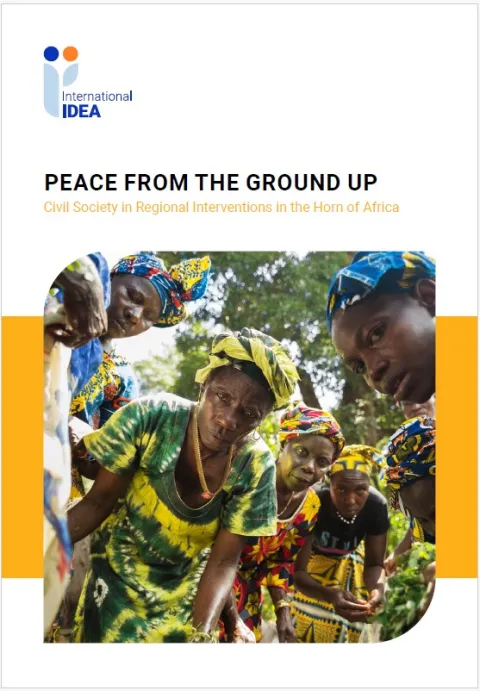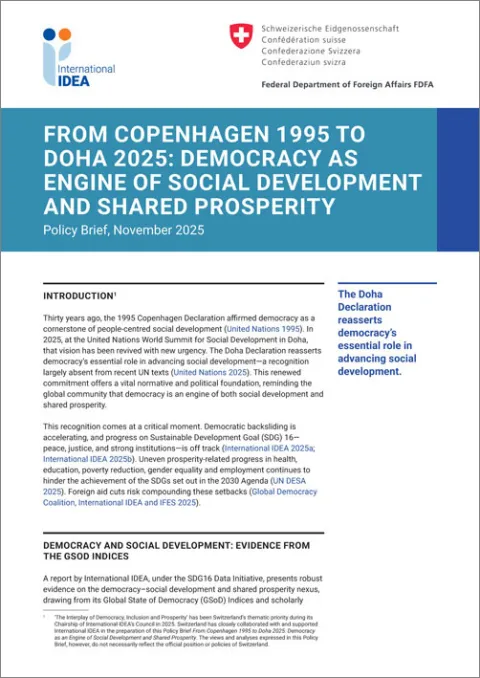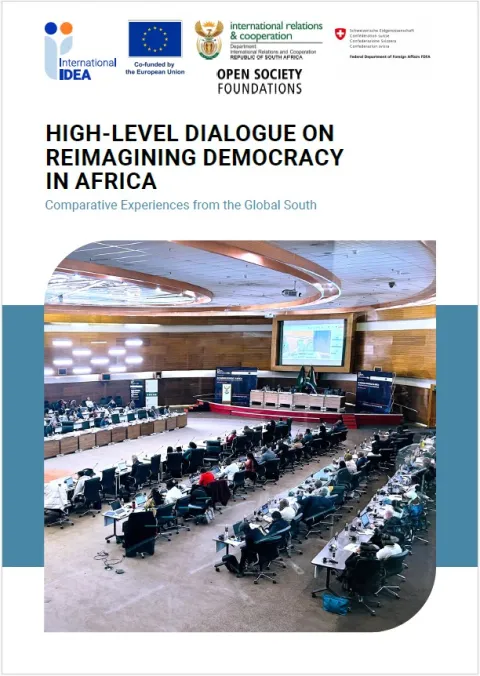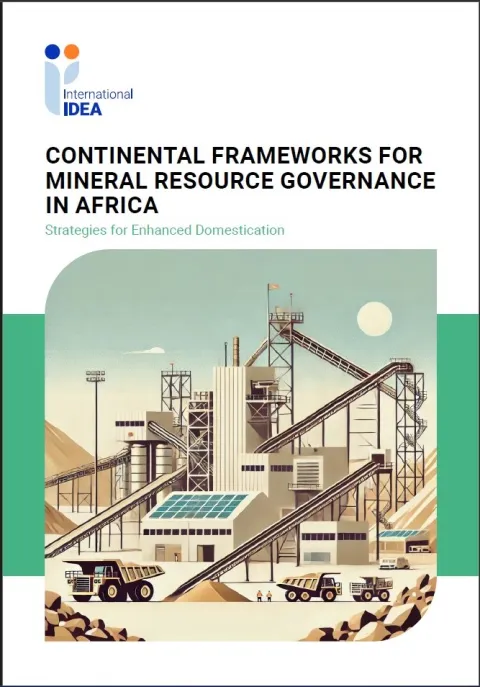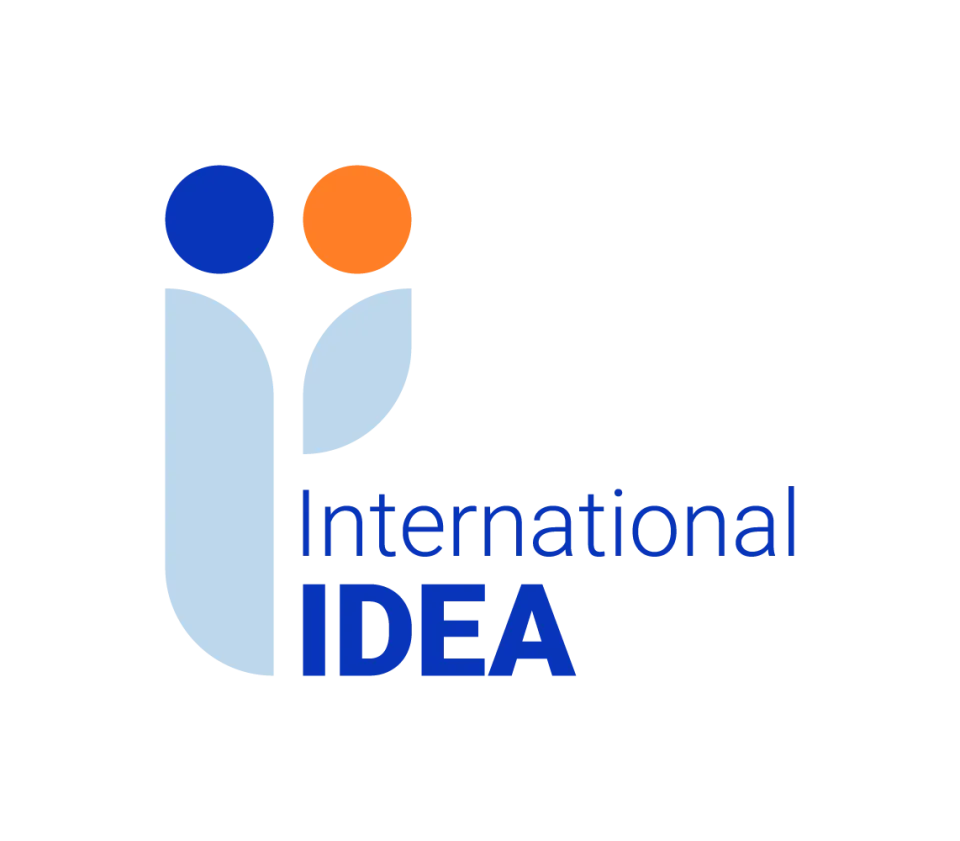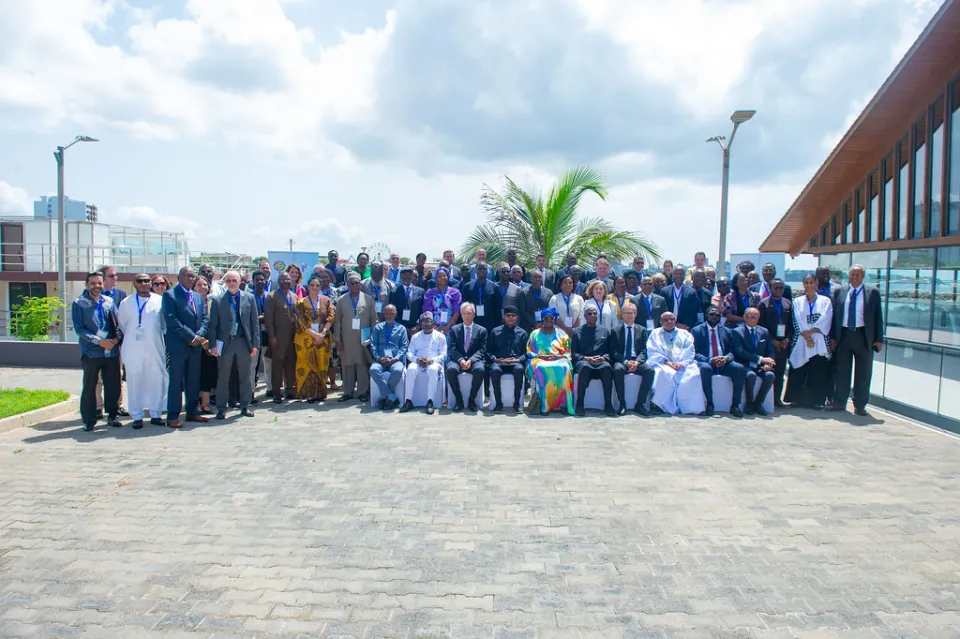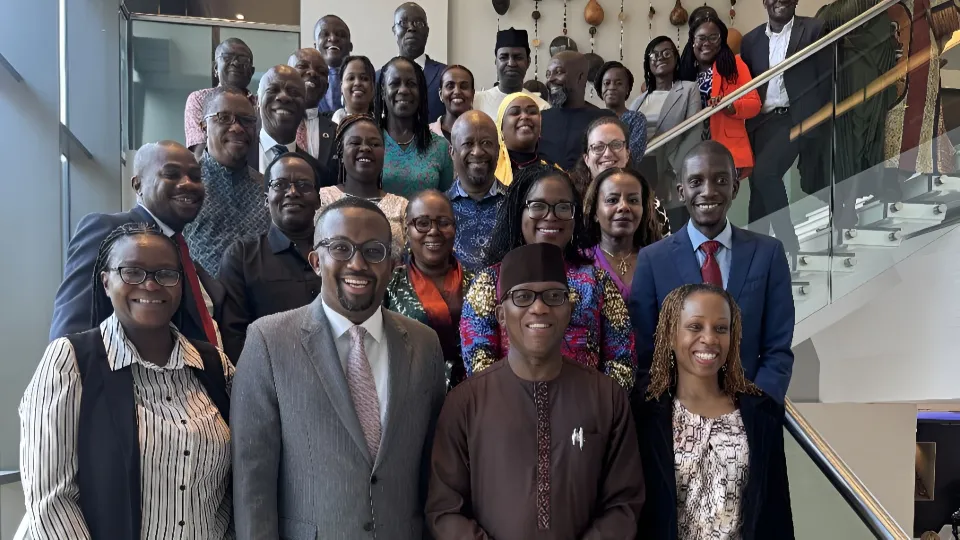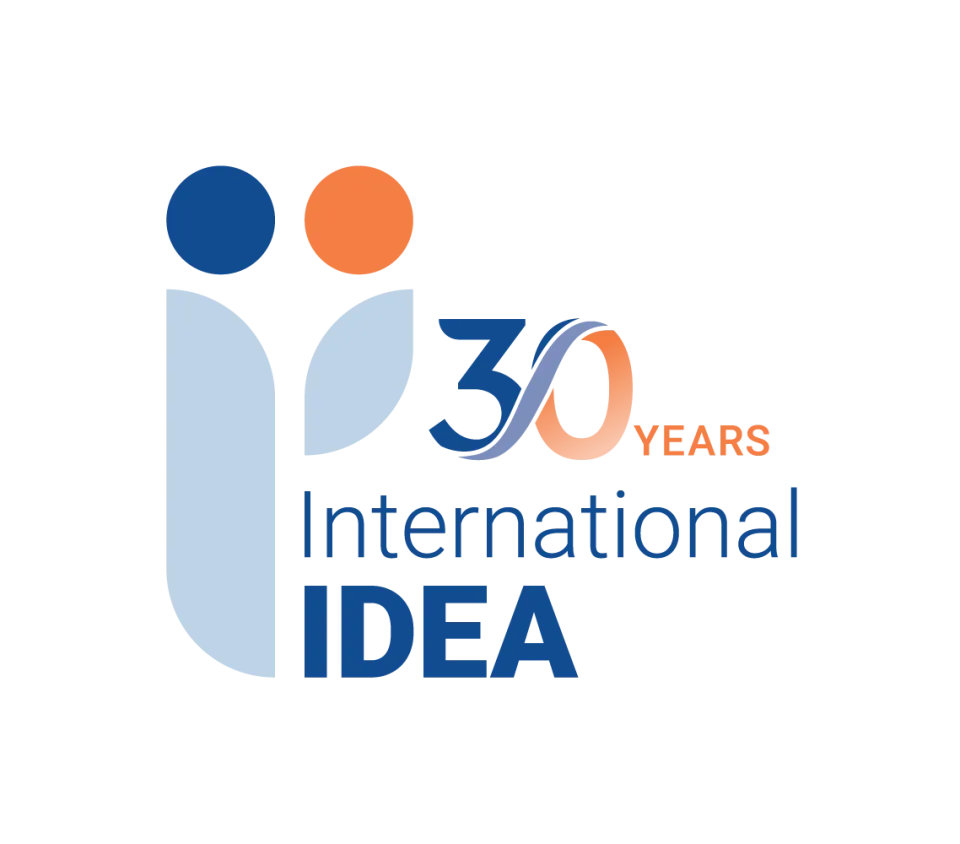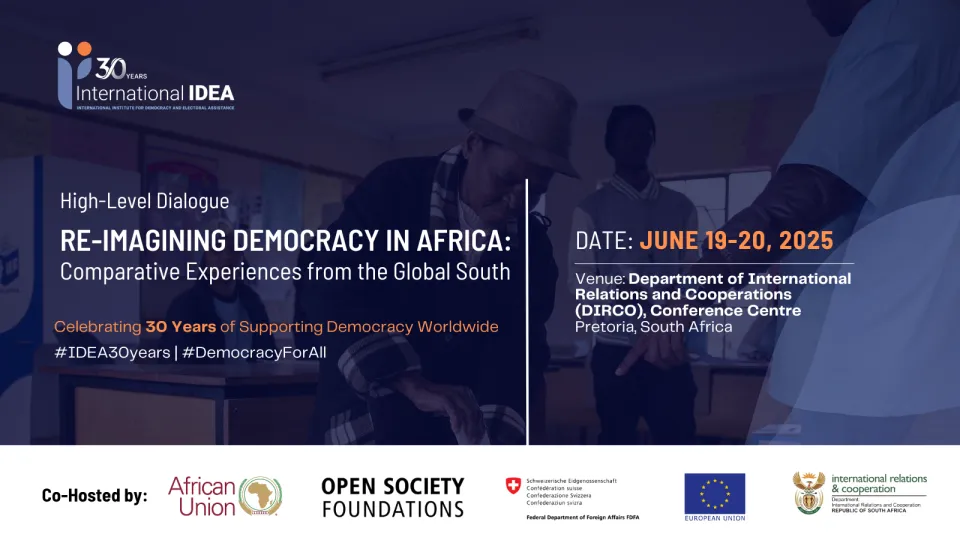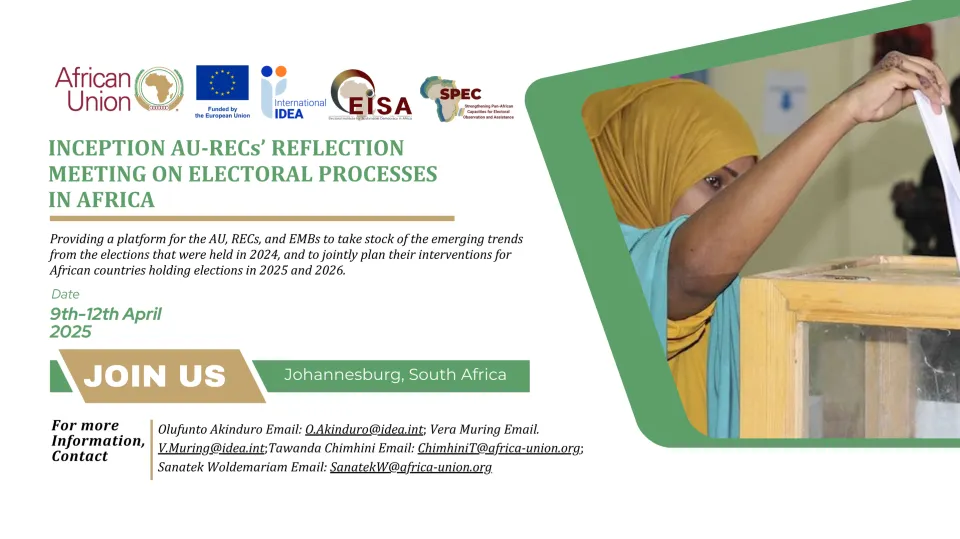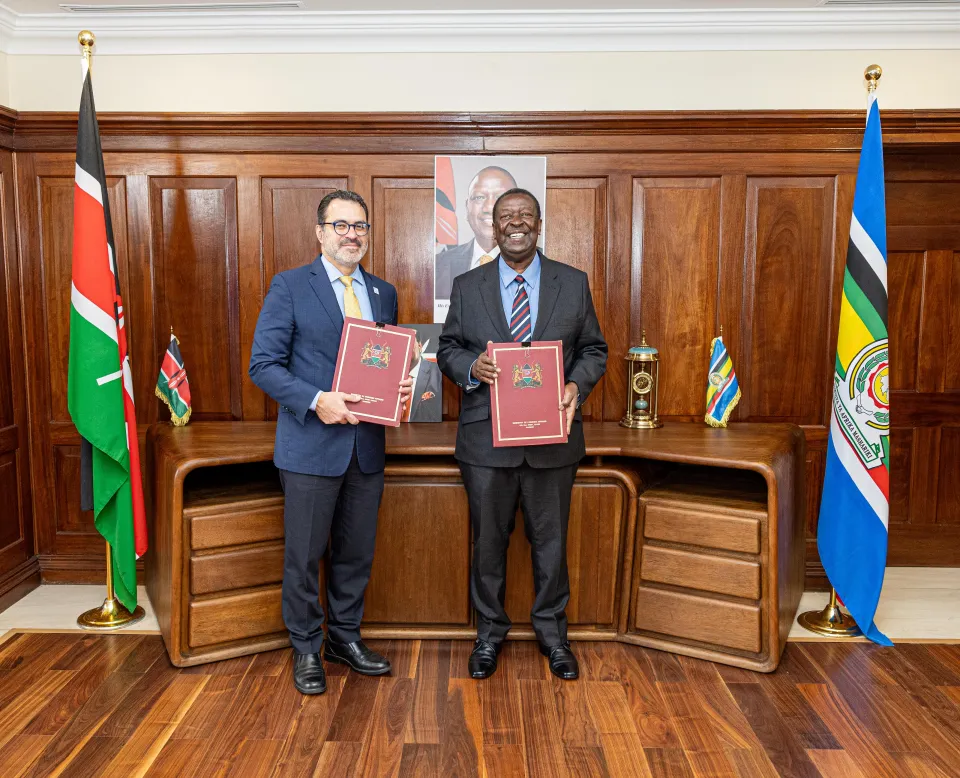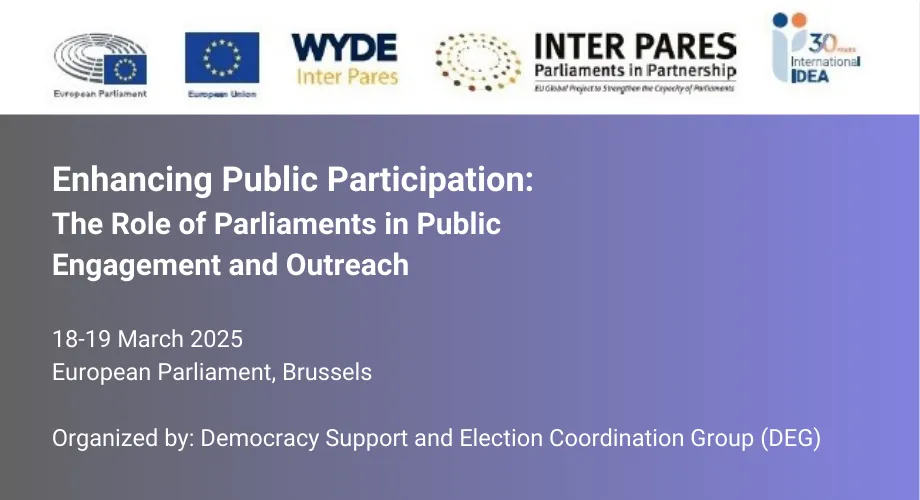It's the People's Ownership: why the aid agenda needs democracy in the post-Busan era and how to start supporting it
The development landscape is changing. The increased influence of the G20, the role of China as a donor and the failure of the Paris Agenda—only having met one of the 13 targets for 2010 in the Paris Declaration on Aid Effectiveness at the global level—are likely to change the direction of international aid.
Despite the fact that democracy and development are the goals of many donors and partner governments, there is surprisingly little analysis of the opportunities and challenges presented by the aid agenda for democracy building. This Discussion Paper, prepared ahead of the Fourth High-Level Forum on Aid Effectiveness in Busan, South Korea, in November 2011, is an effort to highlight some of the key concerns in this relationship in order to contribute to discussion and debate.
The paper argues that functioning political processes are vital for the development agenda, but that aid processes sometimes undermine democratic processes rather than strengthen them. It also examines how the democratic deficit in many countries affects the aid relationship and has led to the possible failure of the Paris Agenda. Finally, it examines how the aid agenda could change this situation, by supporting a healthy political landscape and bolstering development.
Details
Contents
1. Introduction
2. Undermining democracy
3. Democracy and the aid relationship
4. Oozing around the D-word
5. Towards supporting democracy in the aid agenda
Acknowledgements
Give us feedback
Do you have a question or feedback about this publication? Leave us your feedback, and we’ll get back to you
Send feedbackIt's the People's Ownership: why the aid agenda needs democracy in the post-Busan era and how to start supporting it
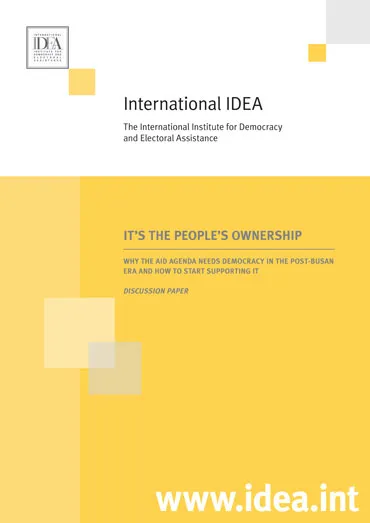
| Total views | 3217 |
|---|---|
| Downloads | 6 |
| Rating |
Give us feedback
Do you have a question or feedback about this publication? Leave us your feedback, and we’ll get back to you
Send feedback